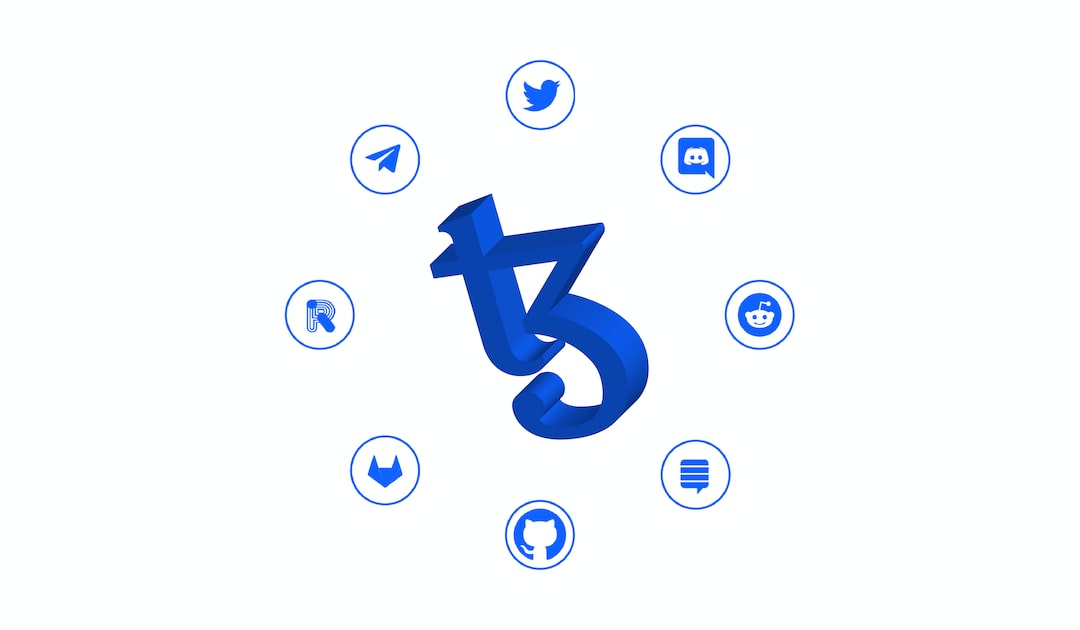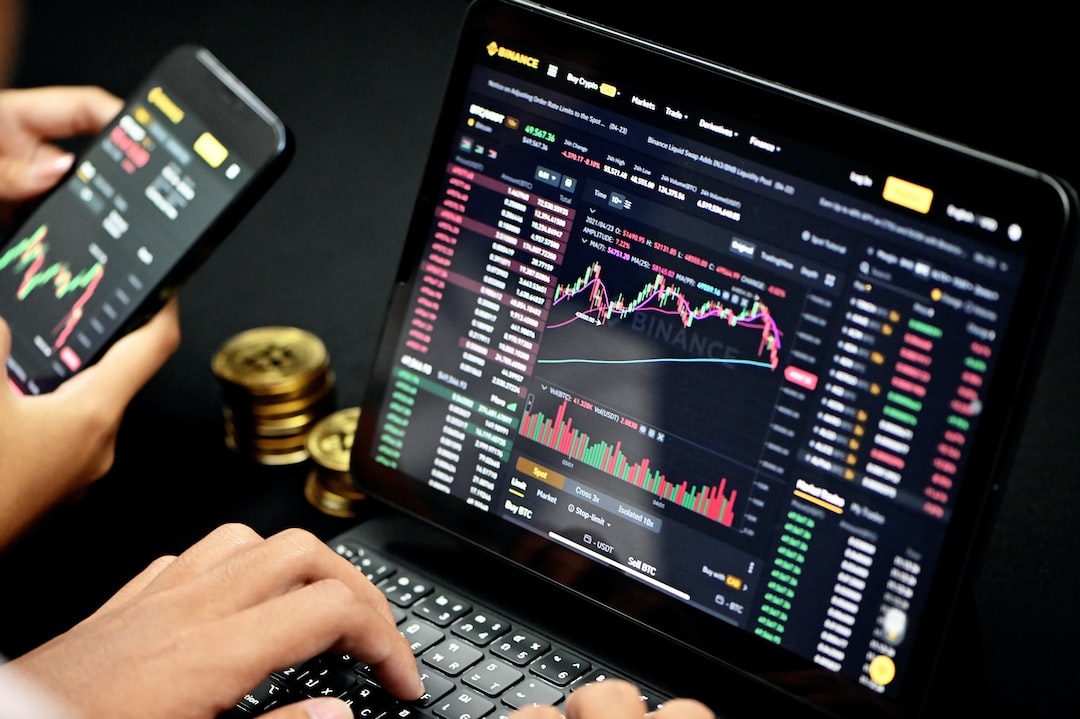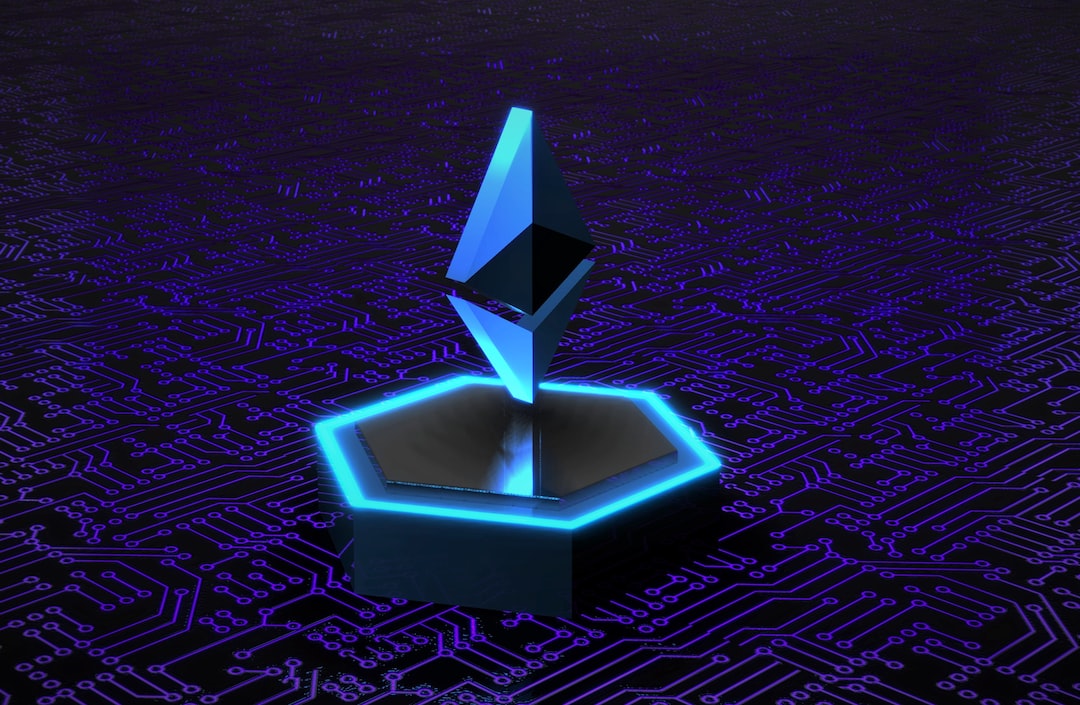Decentralized autonomous organizations can learn from political parties
Danny Chong explains how decentralized autonomous organizations (DAOs) can benefit from studying the practices of political parties to achieve efficiency and decentralization. While DAOs offer advantages over traditional organizations, they still face challenges in achieving consensus and effective governance. By examining how political parties elect representatives, run campaigns, and formalize goals and plans, DAOs can improve their decision-making and communication processes.
Key Points:
- Allowing all token holders to make proposals can lead to inefficiency and diffuse long-term goals.
- Many token holders lack expertise in relevant areas, resulting in poorly thought-out proposals.
- Low voter turnout can lead to decisions that do not align with the majority view.
- DAOs should elect individuals responsible for creating proposals and aligning with project goals.
- Campaigning for DAO policies can help inform the community and prevent backlash.
DAOs should conduct thorough research, use compelling narratives, and engage grassroots mobilization to better resonate with their target audience. While DAOs should not operate exactly like political parties to avoid corruption and favoritism, they can benefit from transparency, decentralization, and agility.
Hot Take:
By adopting certain practices from political parties, such as electing representatives and campaigning for policies, DAOs can improve their decision-making, communication, and community support. While DAOs have their own unique advantages, learning from political operations can help them overcome governance and efficiency challenges.





 By
By
 By
By
 By
By
 By
By
 By
By
 By
By